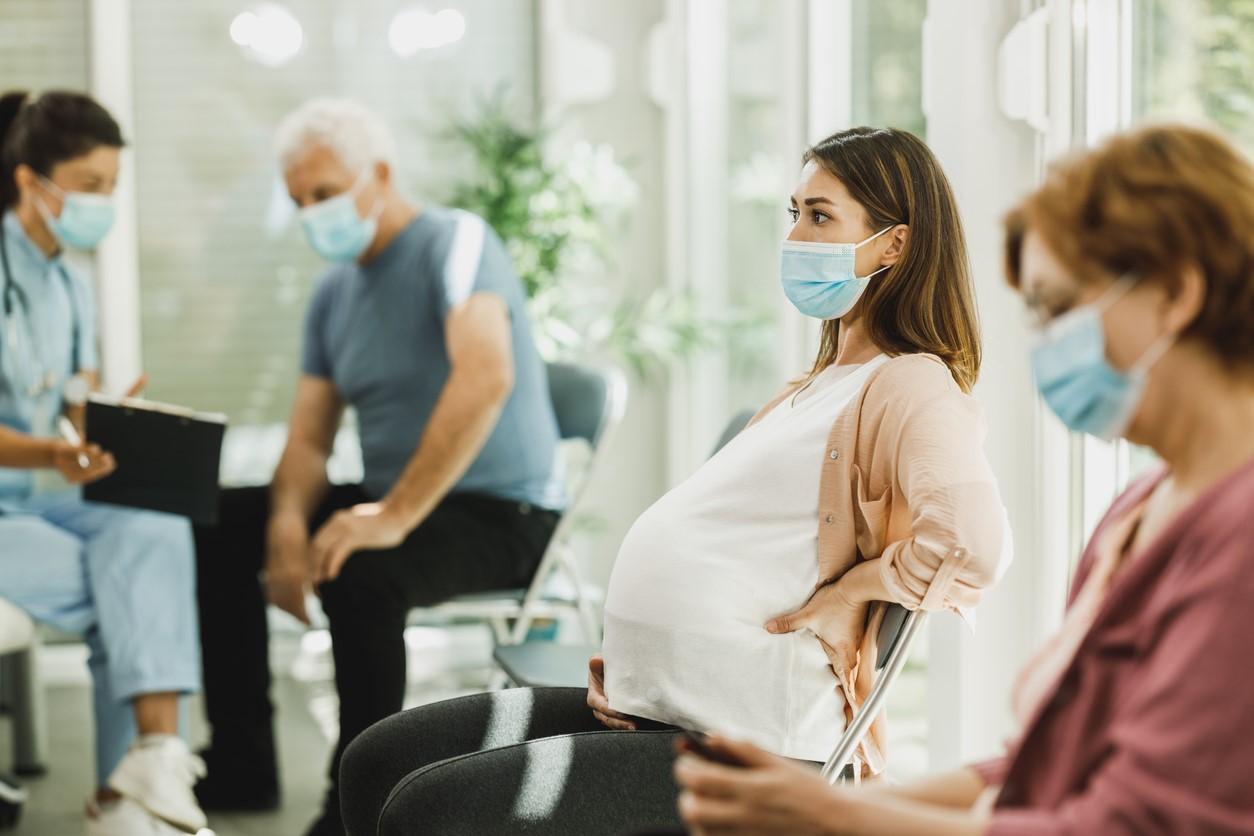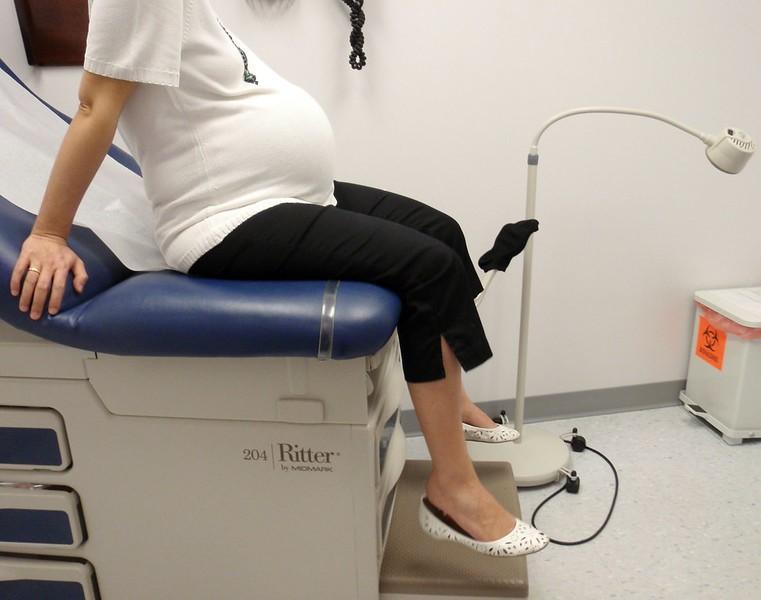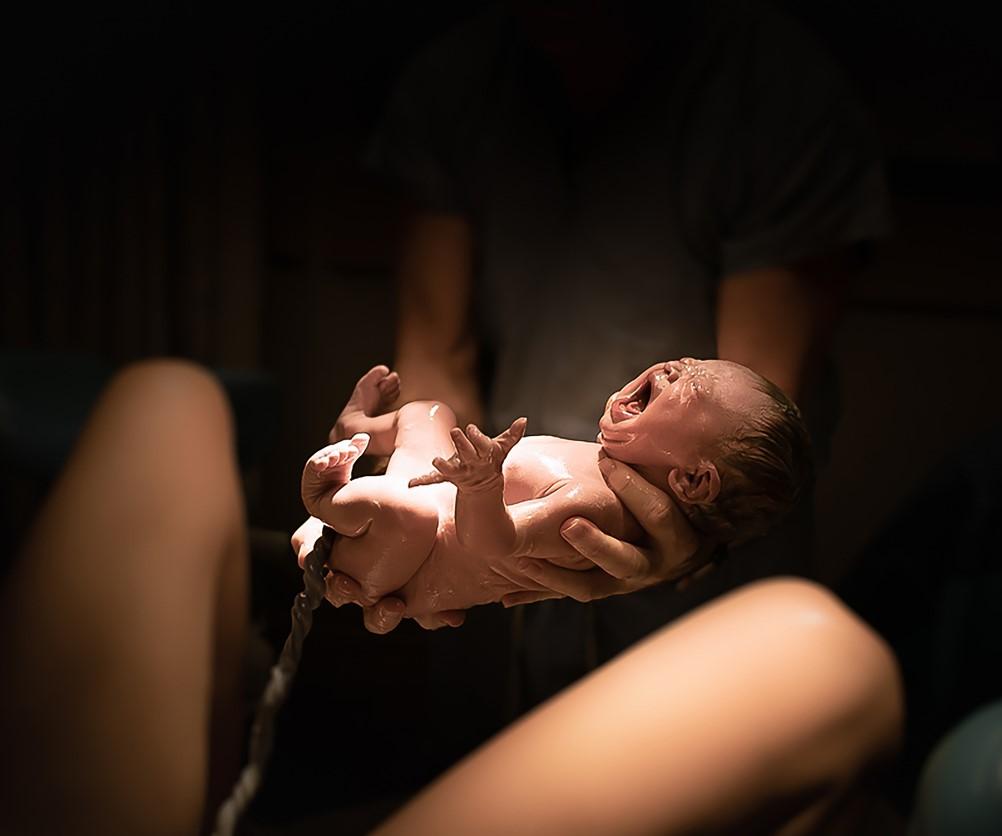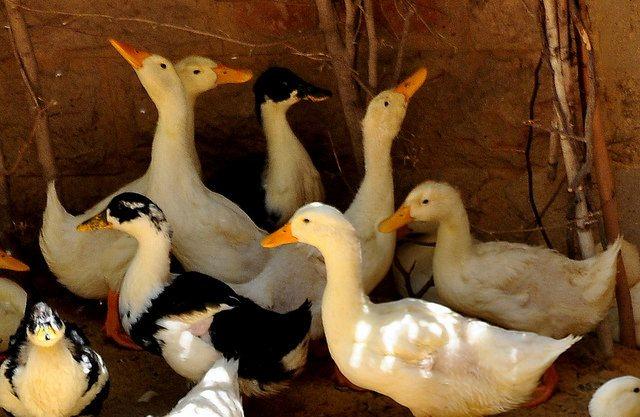
New research presented at the Society for Maternal-Fetal Medicine’s (SMFM) annual meeting this week suggests that 1 in 10 pregnant women who contract COVID-19 during pregnancy develop long COVID. The study abstract is published in the American Journal of Obstetrics & Gynecology.
The research is based on findings from a pregnancy cohort identified in the ongoing National Institutes of Health RECOVER initiative, which investigates long COVID in US adults and children.
A total of 1,503 people in the pregnancy cohort who got COVID in pregnancy were followed to see if they developed long COVID. Participants were from 46 states and Washington DC. Fifty-one percent were fully vaccinated at the time of infection, and the average age at infection was about 32 years.
Need for oxygen associated with long COVID
Overall, 9.3% of women had long-COVID symptoms 6 months after contracting the virus (95% confidence interval [CI], 7.9% to 10.9%). The most common symptoms were post-exertional malaise (82%), fatigue (75%), and dizziness (62%).
Long COVID in this cohort was associated with initial illness severity (the need for supplemental oxygen), obesity, and a history of depression and anxiety in pregnancy. Also, those who said they had difficulty paying their bills were at greater risk for long COVID.
Long COVID was not associated with any one trimester of pregnancy. Compared with the non-pregnant arm of the RECOVER trial, which estimates that 23% of adults have symptoms 6 months following infection, the pregnant cohort had lower rates of long COVID.
The key takeaway for clinicians who are taking care of pregnant patients is that nearly 1 in 10 people who have COVID during pregnancy still have persistent symptoms six months later.
"The key takeaway for clinicians who are taking care of pregnant patients is that nearly 1 in 10 people who have COVID during pregnancy still have persistent symptoms six months later," said the study lead author Torri D. Metz, MD, MS, of the University of Utah Health in Salt Lake City, in an SMFM press release.















